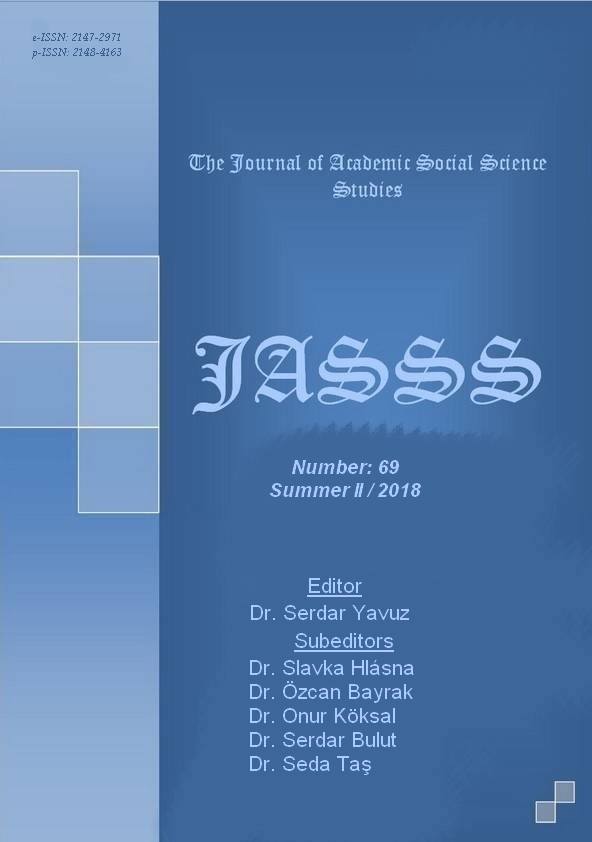Author :
Abstract
2010 yılında iktidara gelmesi üzerine, Fildişi Sahili'nde mevcut hükümet Fildişi Sahili'nin ortaya çıkışını 2020 yılına kadar beş yıllık dönem için bir öncelik haline getirdi. Bunu yapmak için, Başkanlık Programı acil durum (PPU) başlatıldı. Sosyo-ekonomik aktivitenin neredeyse tüm sektörlerinde. Yol altyapıları önemli bir maddi ve gayri maddi yatırım yaşamıştır. Sektörün yeniden canlandırılması gerektiğine göre, yolun akışkanlığı, ülkenin o zamana kadar ulusal ekonominin akciğerleri olan iki limana daha fazla yatırımcı çekiyor. Bununla birlikte, yol raketi, yol sektörünün gelişimi yoluyla ulusal ekonomiyi canlandırma isteğini engellemektedir. Her yıl Ivorian ekonomisi tarafından kayıt altına alınan kayıplar 1 milyon dolara yakındır. Bu çalışmanın ekonomiye, yol tutuşunun haksızlığa uğradığı bu duruma göre, bu çalışmanın, rahiplerin davranışlarının altında yatan faktörleri analiz ettiği düşünülmektedir. Serbest görüşmeler ve nicel verilerin toplanması yoluyla nitel yöntemler, yol raketinin kimliklerini ve eğitim bölgelerini tespit etmemize ve daha sonra müdahale mekanizmalarına ve raketle mücadeleye detaylı bir bakış atmamıza olanak sağlamıştır. Görüldüğü gibi, her aktör eylemlerini meşrulaştırma ve meşrulaştırma mekanizmalarını kurar, dolayısıyla bazı yazarlar tarafından ilerletilen dayanışma kavramı, taşeron ve rahibe arasındaki ilişki ilişkisinde çalışmanın analizinde ilginç bir yer tutmuştur. Dahası, Abobo-Adjamé ekseninin (çalışma analizinin çerçevesi) ifade edildiği durumda, dayanışmanın bu zamansallığının “tarihe göre mağduriyet” duygusunun ideolojisiyle güçlendirildiği vurgulanmalıdır. Böylece raket uygulaması, ödenecek bedeldir. Bu mağdurun temsilini azaltmak için, hapsetme de dahil olmak üzere bir mağduriyet uygulaması geliyor.
Keywords
Abstract
Upon the accession to power in 2010, the current government in Côte d'Ivoire has made the emergence of Côte d'Ivoire a priority for its five-year term by 2020. To do this, the Presidential Program emergency (PPU) has been launched in almost all sectors of socio-economic activity. Road infrastructures have experienced a substantial material and intangible investment. In the sense that it was necessary to revitalize the sector so that the fluidity of the road attracts more investors to the two ports of the country which until then were the lungs of the national economy. However, the road racket obstructs this ambition to boost the national economy through the development of the road sector. The losses recorded each year by racketeering by the Ivorian economy are close to $ 1 million. It is to this situation of impropriety of road racketeering to the economy that the present study analyzes the factors underlying the behavior of the racketeers. The qualitative methods through the free interviews and the collection of some quantitative data allowed us to detect the identities and training zones of the road racket and then to take a detailed look at the mechanisms of intervention and fight against the racket.





